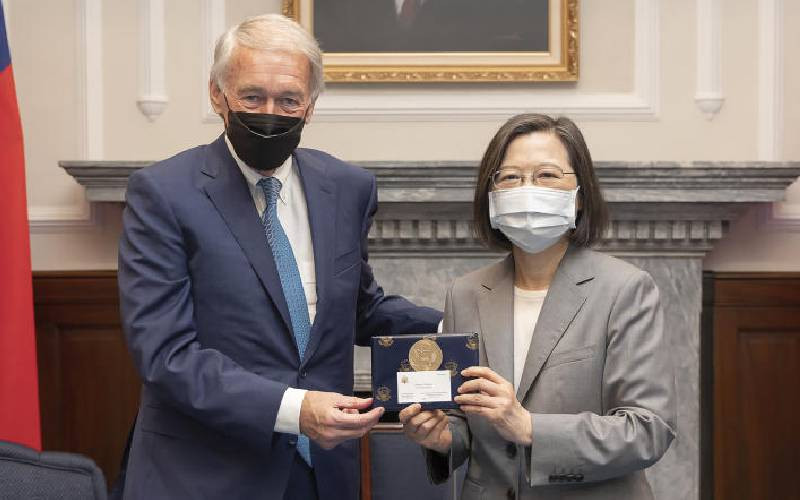×
The Standard e-Paper
Stay Informed, Even Offline

Ever since Russia launched a special military operation in Ukraine in February 2022, there have been discussions on various forums about whether China would also take similar steps to enforce its sovereignty over Taiwan.
China's eagerness to launch a Russia-like military operation in Taiwan was evident on August 02, 2022, when 20 of its jets violated the Taiwanese airspace as a mark of protest against the visit of US House Speaker Nancy Pelosi who landed in Taipei on August 02, 2022.